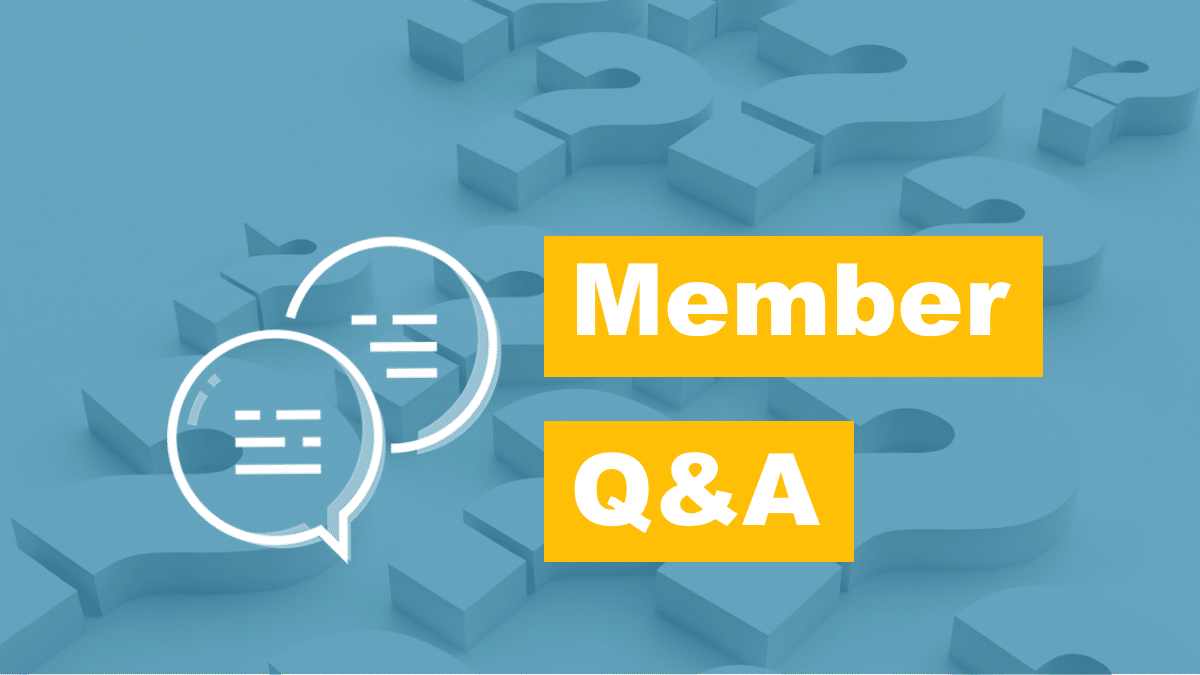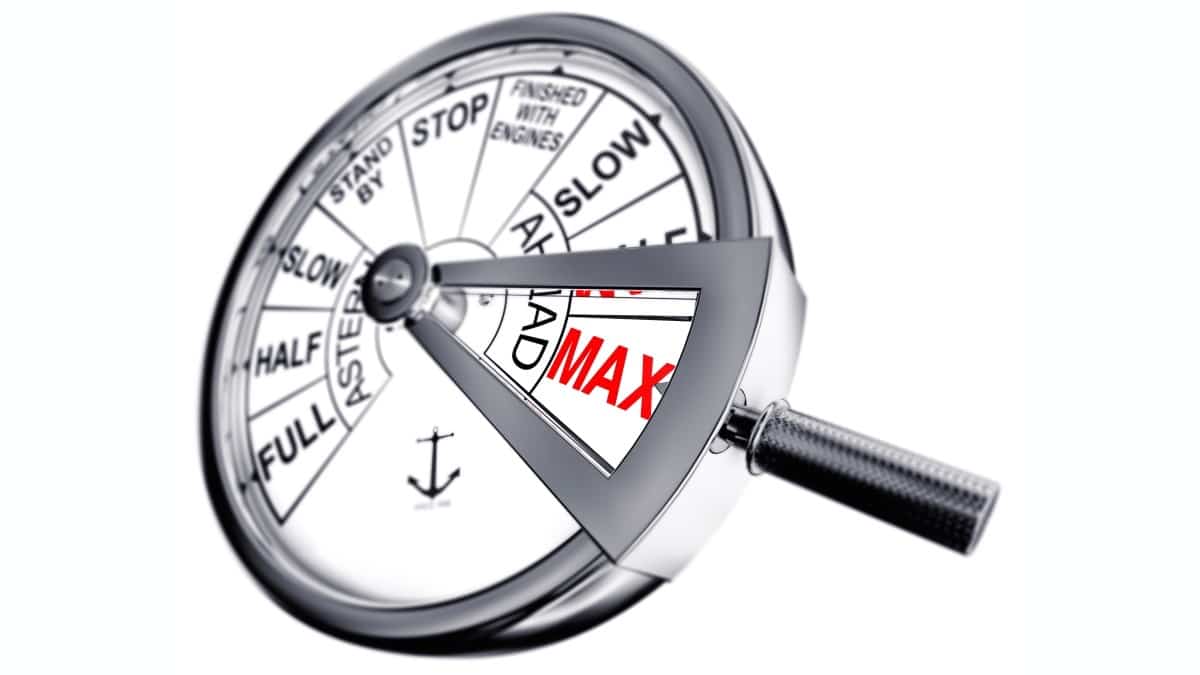In this guide
- 1. Check your employer’s SG contributions
- 2. Decide if your super fund is right for you
- 3. Consider extra contributions
- 4. Find any lost super
- 5. Consider combining your accounts
- 6. Set up online access to your account
- 7. Take advantage of free government money
- 8. Review your insurance cover
- 9. Evaluate your investment option
- 10. Check out the First Home Super Saver Scheme (FHSSS)
When you’re in your 20s, retirement can seem a long way off, but that presents an opportunity not to be wasted.
Paying a little bit of attention to your super now can have a big payoff in the future, as it means you get to enjoy the benefits of compounding interest on your savings.
To help point you in the right direction, here is a list of useful tips and strategies to consider in your 20s. Not every tip will suit everyone, but the list is designed to help you take control of your financial future.
1. Check your employer’s SG contributions
Ensure your employer is paying Superannuation Guarantee (SG) contributions regularly into your super account. Once you turn 18 your employer is required to make SG contributions on your behalf regardless of how many hours you work for them or how much you’re paid.
If you meet the eligibility conditions, SG contributions are payable whether you work full time, part time or as a casual and if you are a temporary resident. Contractors who are paid ‘wholly or principally for labour’ may also be considered an employee for super purposes and be entitled to receive SG contributions.
Your employer must make SG contributions on your behalf at least quarterly, but some employers can be slow to make their compulsory contributions and some don’t make them at all – particularly if the business is in financial difficulties.
Check with your super fund (or the ATO’s online services through your myGov account) that your contributions are being paid regularly. If not, ask your super fund to follow up with your employer, or consider reporting your employer to the ATO.
Super tip: Given the tough trading conditions facing many businesses in the wake of COVID-19, high inflation and rising interest rates, it may be tempting for your employer not to give priority to paying your super contributions. If you have kept a close eye on your SG contributions and the company ceases trading, you are less likely to lose your super contributions as well as your job.



















